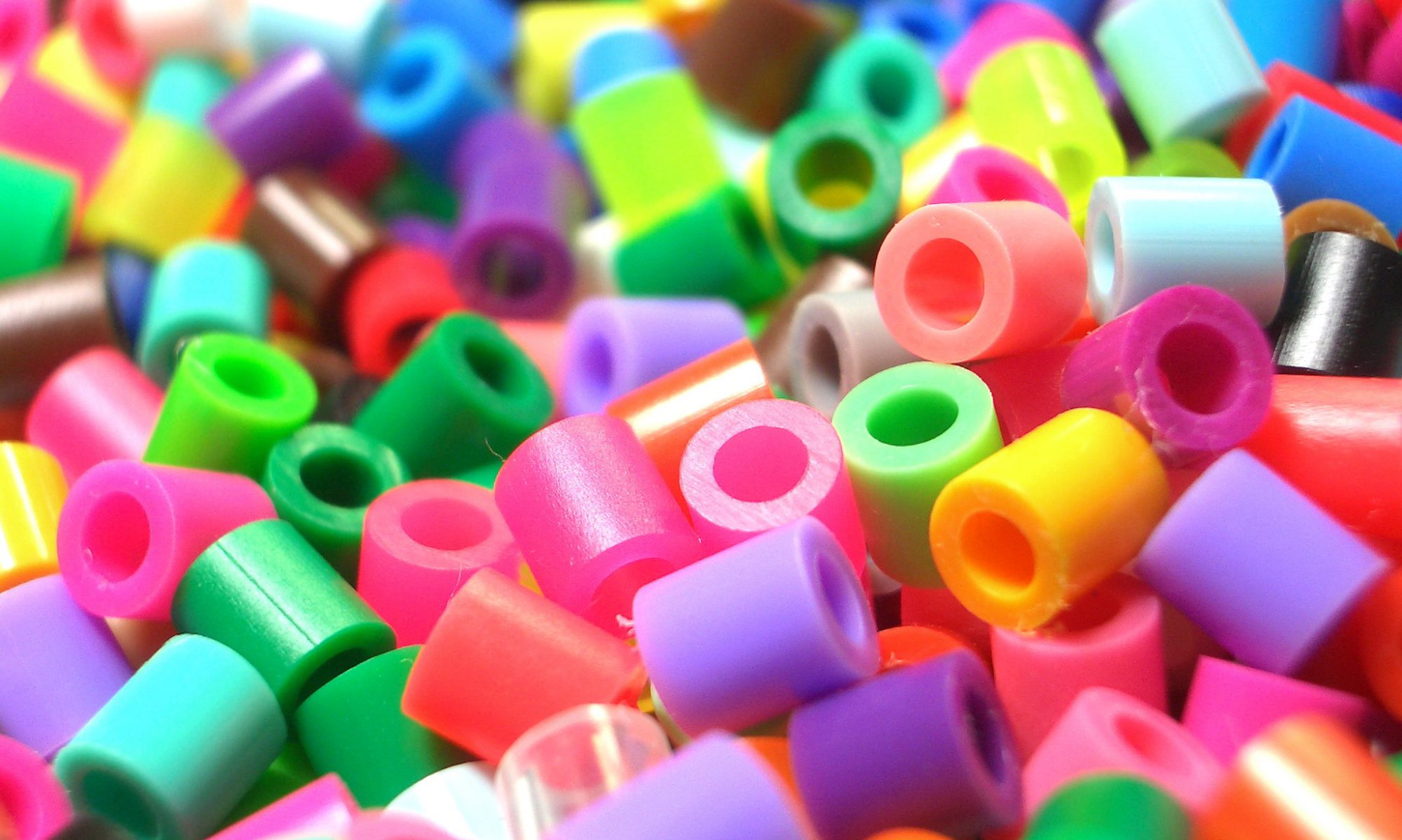- The greenhouse gases trap some of the heat and retains it in the atmosphere. The increase in greenhouse gases because of pollution activities naturally causes this rise. Also, as ice melts into water, the ocean water tends to trap the heat more rather than reflecting it as ice.
- The statement “lowered my concerns” is incorrect. Global warming affects different part of the world differently; colder places get colder and warmer places, warmer. Hence it is wrong to attribute the presence of more snow to a lack of global warming. Further, the term “global warming” might be misleading, as it gives an impression of rising temperatures across the world; the term “climate change” should be used instead, as global warming affects different countries differently.
- It was unsuccessful because blasting microwave radiation at water molecules only causes the water molecules to rotate faster and generate more heat and IR radiation, instead of transmitting the signals back.
- In the short run, the air quality affects us the most, because we need to breathe in air. Further, the diseases that come about as a result of bad air quality lasts a whole lifetime, which makes it even worse. In the long run, global warming will affect us the most because it involves habitats, our food production and also the way we live as human beings.
8 Feb Application Exercise
1.
a) Exothermic. Requires energy to start the combustion.
b) Endothermic. Heat from the skin transfers to water on the skin. Heat is converted into kinetic energy i.e. gas molecules are moving.
c) Endothermic. Heat is added causing the molecules to move, increasing kinetic energy.
2. For the reactants the bond strength would be weaker because less energy is required to break the bond. For the products the bond strength would be stronger resulted in more energy being released.
3. Heat is the flow of energy from hotter to colder objects. Temperature determines direction of heat flow. To give an example, the number of people in a room. Each one of us gives off heat transferring to the molecules in a room. The heat causes the molecules’ average speed to increase. Hence the rising temperature; the more people in a room, the higher the temperature.
4.
a) It has a knocking characteristics of 98% isooctane & 2% n-heptane.
b) No, we are not able to tell if it contains oxygenates.

